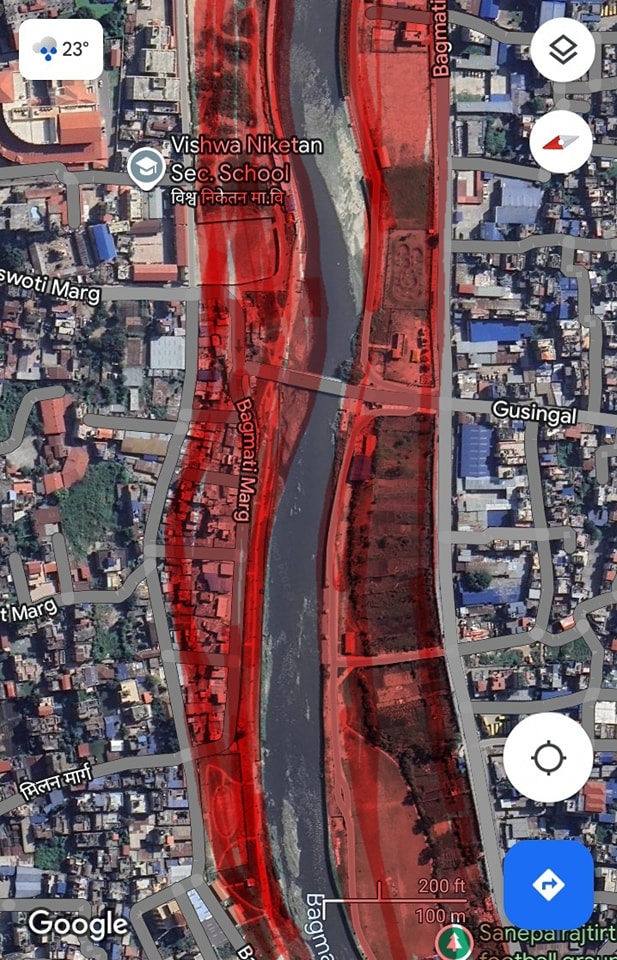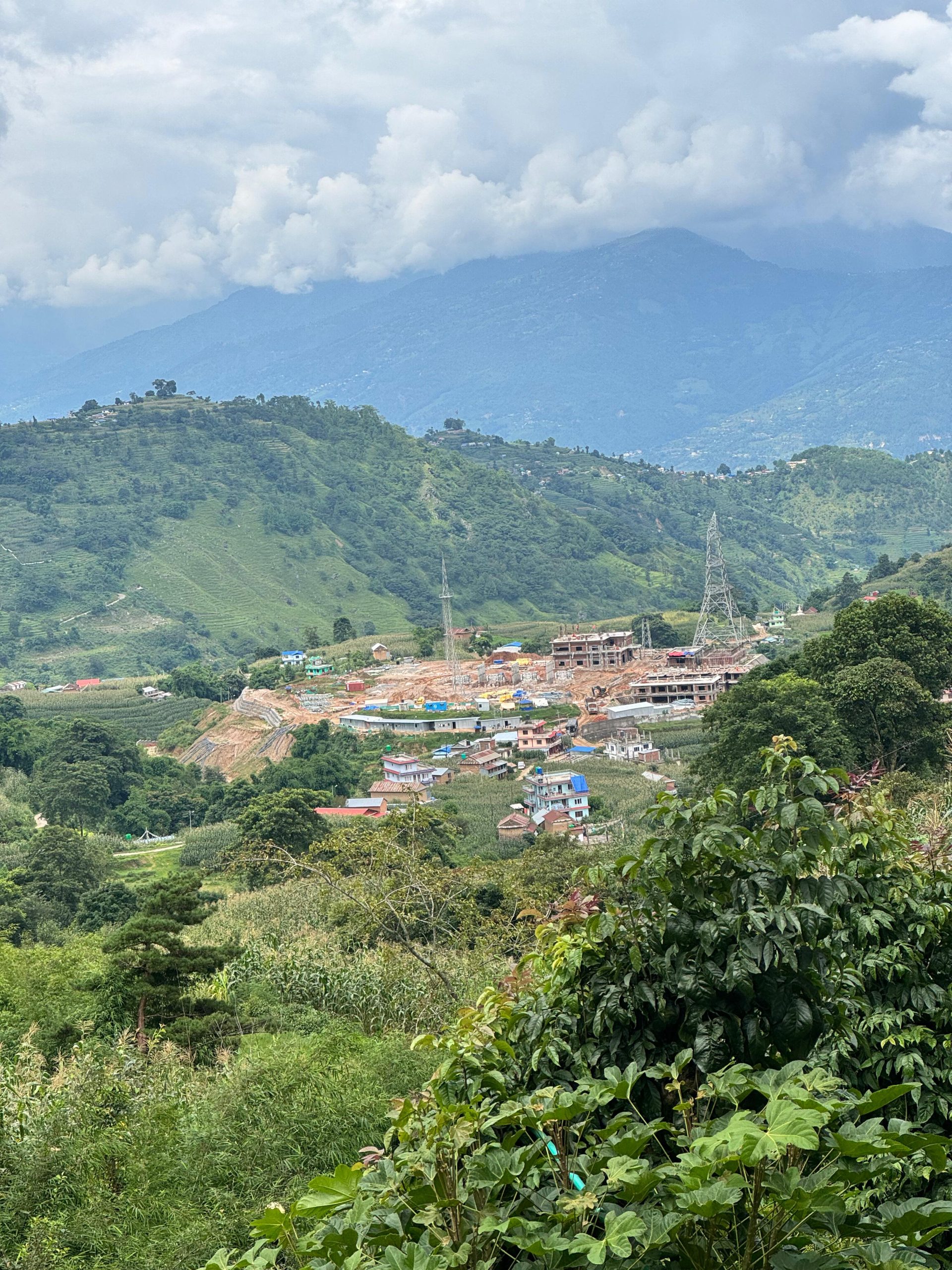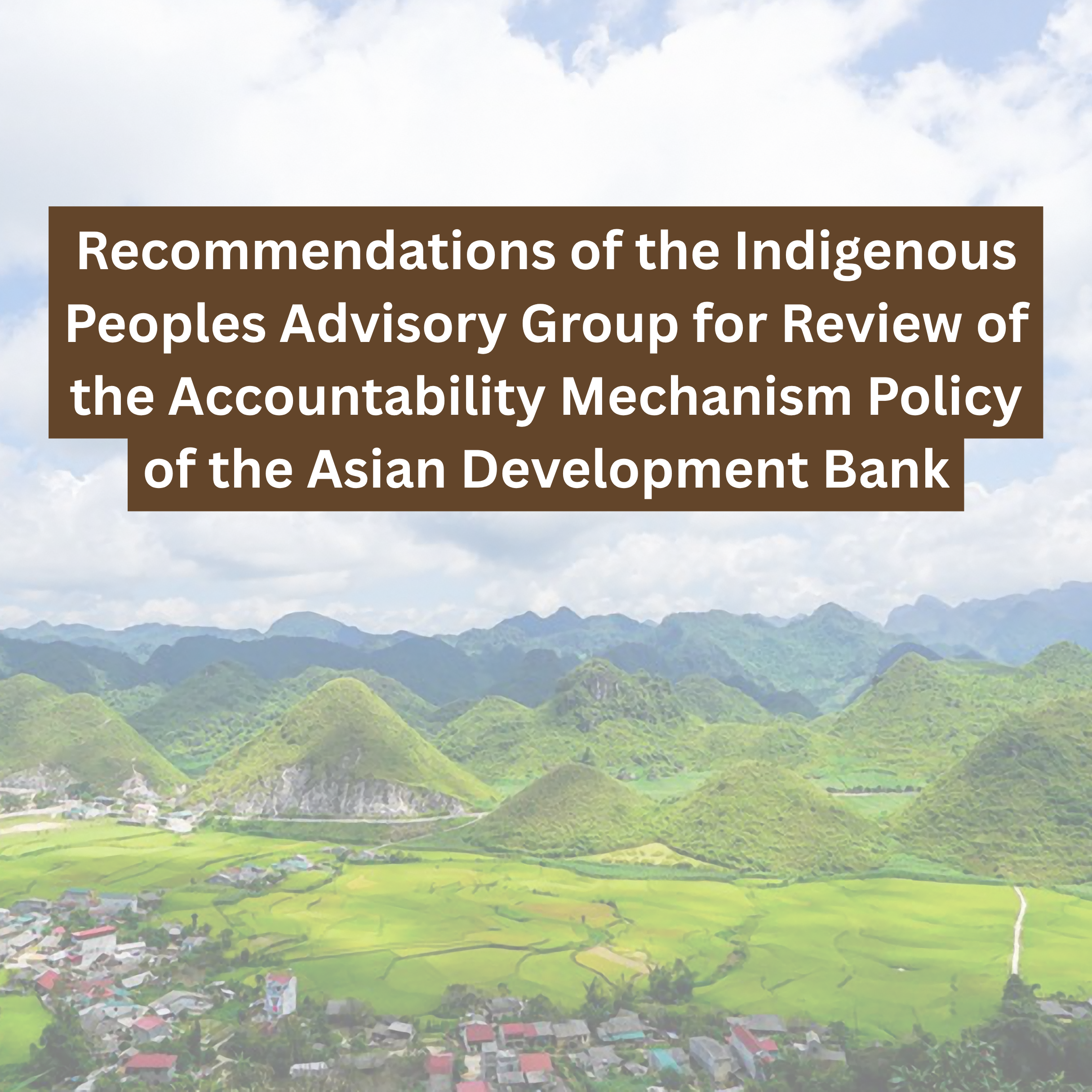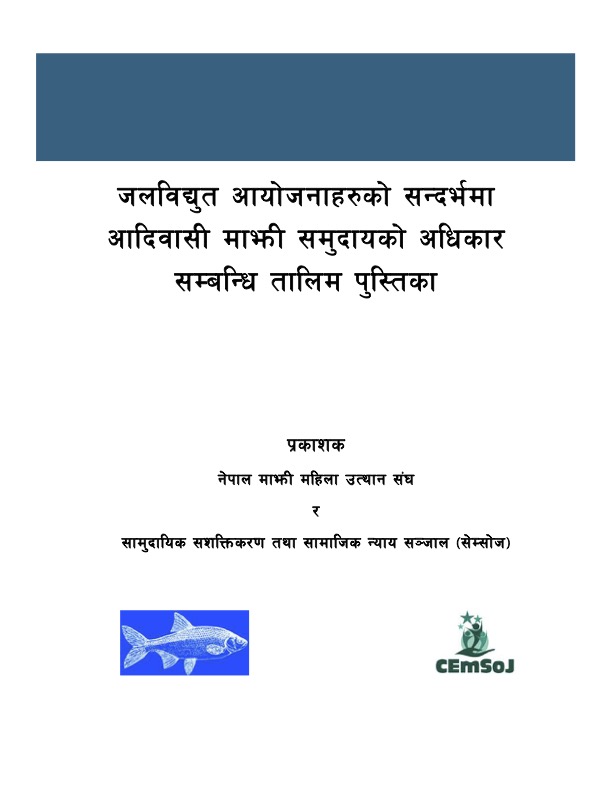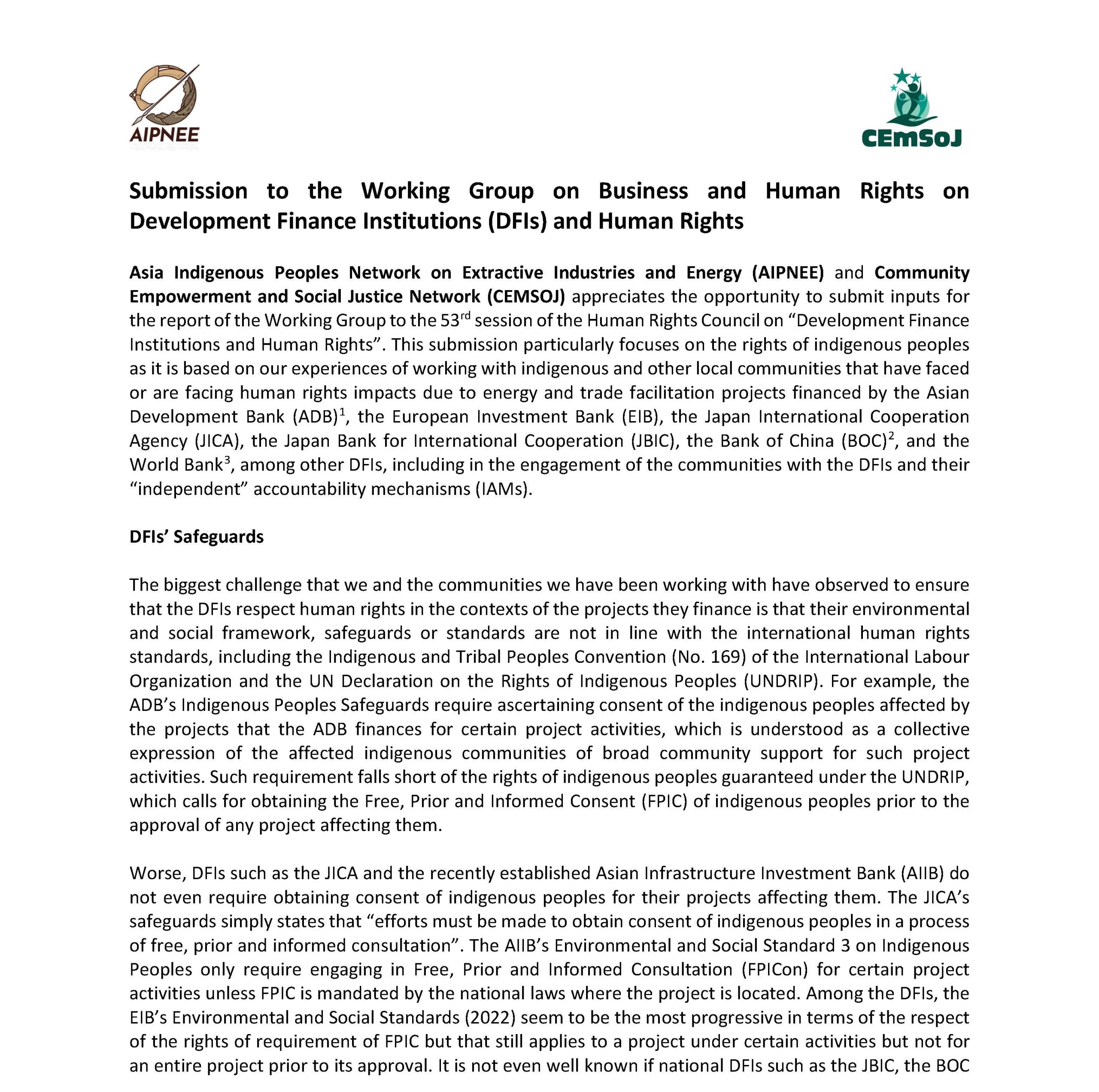Community Empowerment and Social Justice Network (CEMSOJ), Indigenous Women Legal Awareness Group (INWOLAG), International Accountability Project (IAP) and NGO Forum on ADB made a joint submission to the newly appointed UN Special Rapporteur on the Right to Development on Tuesday to draw his attention to the continued concerns of Indigenous Magars and other local communities affected by the Tanahu Hydropower Project in western Nepal and calling for his action to safeguard the rights of the affected communities.
The Asian Development Bank (ADB), the European Investment Bank (EIB), the Japan International Cooperation Agency (JICA) and the Government of Nepal are co-financing the 140 MW reservoir type Project. Since the beginning of the Project, one main concern was the absence of accessible and timely information disclosure. In 2020, affected Indigenous Magar and other local communities submitted various complaints to the independent accountability mechanims of the ADB and the EIB calling for respect of their free, prior and informed consent (FPIC) in the Project decisions affecting them and for land-for-land and house-for-house compensation for the land and houses that will be impacted by the Project, among other demands such as restoration of communal resources such as grazing lands, sacred sites and forests as well as sharing of benefits of the Project. Further, they have also raised concerns about environmental risks posed by the impending inundation of the Project as well as ongoing illegal sand and stone mining on the riverbanks in the inundation area affecting their lands and settlements. Their complaints have results in dispute resolution processes facilitated by the ADB’s Office of the Special Project Facilitator (OSPF) and the EIB-Complaint Mechanim (EIB-CM), which are at various stages.
more “Joint submission to the UN Special Rapporteur calling attention to the continued concerns of Indigenous Magar and other local communities affected by Tanahu Hydropower Project in western Nepal” …
